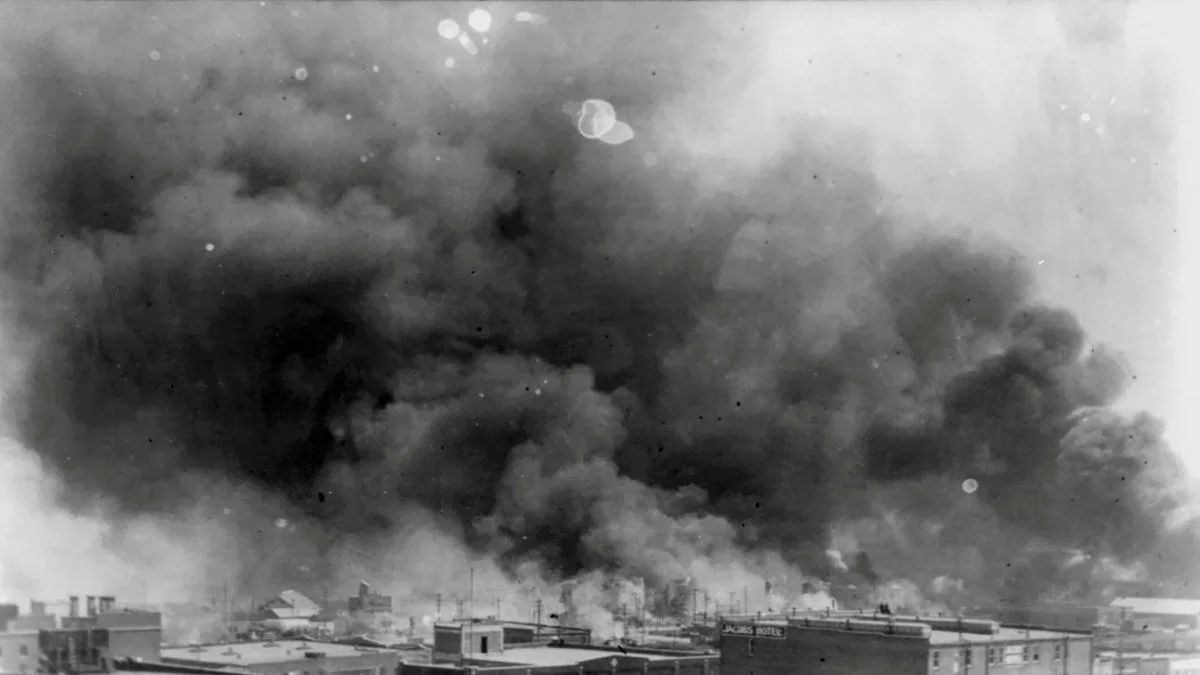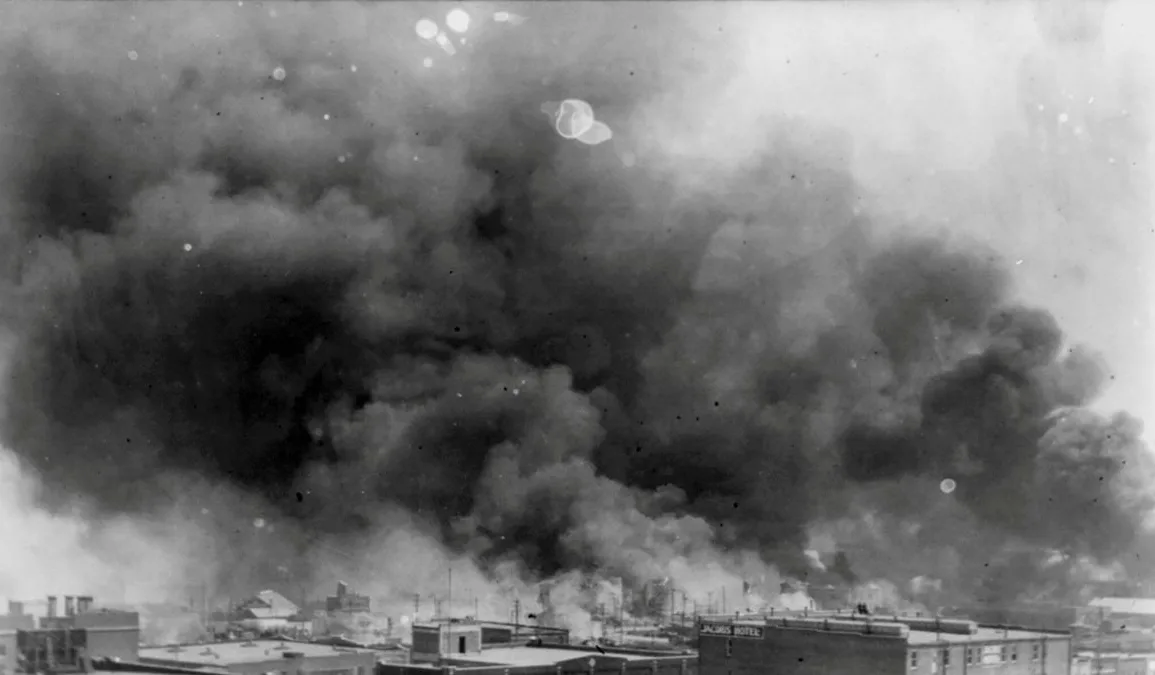
Following a pivotal turn in a long-standing legal battle, the Oklahoma Supreme Court has agreed to hear oral arguments regarding the potential revival of a reparations lawsuit brought forth by the two remaining survivors of the 1921 Tulsa Race Massacre. This decision injects new hope into the quest for justice nearly a century after one of the most devastating racial violence episodes in U.S. history.
Historical Injustice Revisited
In 1921, the Greenwood District in Tulsa, Oklahoma, known as ‘Black Wall Street’ for its affluent African American community, was decimated by a white mob, leaving hundreds dead and thousands homeless. Viola Fletcher and Lessie Benningfield Randle, the last known survivors, alongside their legal team, led by attorney Damario Solomon-Simmons, have been fighting for reparations, citing the city and state’s complicity in the massacre. Their lawsuit, initially dismissed by a Tulsa County district judge, hinges on Oklahoma’s public nuisance law, arguing that the massacre’s effects persist for them and the Greenwood community.
A Legal Battle Against Time
The case’s dismissal last July was a significant setback for the survivors and their advocates. However, Solomon-Simmons’ statement highlights the urgency and finality of their appeal: “There is nowhere else for us to go.” With the Oklahoma Supreme Court’s decision to hear oral arguments set for April 2, this case represents the survivors’ last chance at legal recourse. Their fight underscores broader discussions on racial justice and the mechanisms for addressing historical wrongs in the United States.
Community and National Implications
The repercussions of the Tulsa Race Massacre extend beyond the immediate victims, affecting generations and contributing to ongoing racial disparities in Tulsa and across the nation. The survivors’ quest for reparations is not only a personal battle but also a symbol for the fight against racial injustice and inequality. As the centennial of the massacre approached, national attention and support for the cause have grown, highlighting the deep scars left by racial violence and the long road to healing and justice.
As the Oklahoma Supreme Court prepares to hear the case, the implications of its decision will resonate far beyond the courtroom. A ruling in favor of the survivors could set a precedent for how the U.S. addresses its dark history of racial violence and offers a measure of restitution to those directly affected. While the path to reparations is fraught with legal and political challenges, the persistence of Fletcher, Randle, and their legal team reminds us of the enduring strength of the human spirit in the face of injustice.


